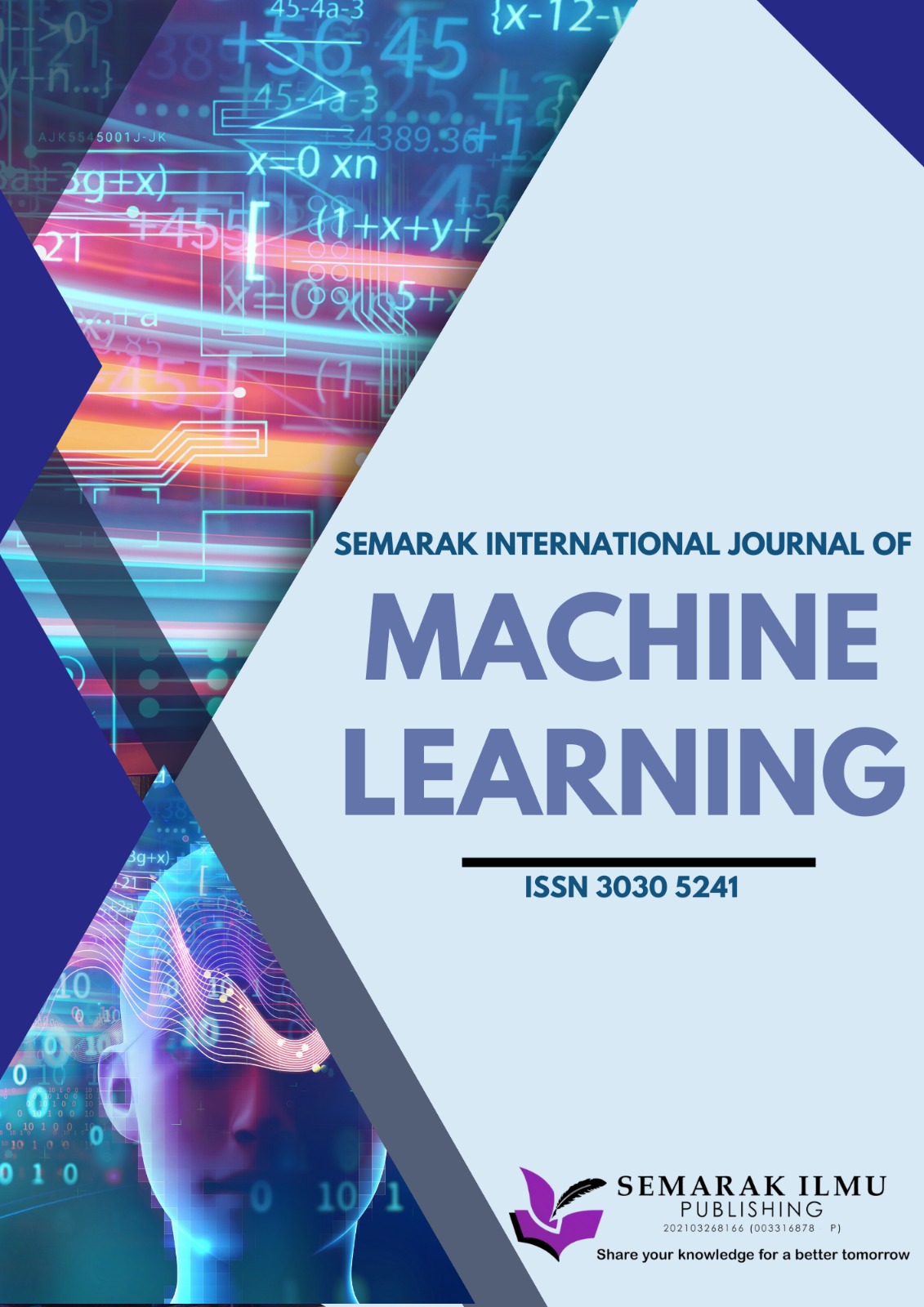Adaptability of Statistical and Deep Learning Models to Volatile Market Conditions in Bursa Malaysia Stock Index Forecasting
DOI:
https://doi.org/10.37934/sijml.4.1.113Keywords:
Bursa Malaysia, deep learning, forecasting models, market volatility, model adaptability, time series analysisAbstract
The stock market plays a crucial role in the financial world, yet its inherent volatility and unpredictability make forecasting future movements challenging. In recent years, deep learning has emerged as a promising approach for stock market prediction, leveraging advanced computational capabilities to analyze complex patterns within large datasets. This study investigates the forecasting performance of the Bursa Malaysia Kuala Lumpur Composite Index (KLCI), comparing the adaptability of Long Short-Term Memory (LSTM), Artificial Neural Network (ANN), and Autoregressive Integrated Moving Average (ARIMA) models across periods of high and low market volatility. Our findings reveal that the LSTM model consistently outperforms both ANN and ARIMA models, demonstrating greater robustness and accuracy during volatile phases, such as those induced by the COVID-19 outbreak and political uncertainties in Malaysia. By highlighting each model's strengths and limitations under varying market conditions, this study provides valuable insights for stakeholders aiming to select forecasting models that can adapt to the challenges of market instability.
Downloads














